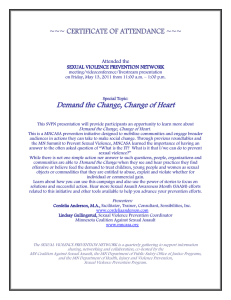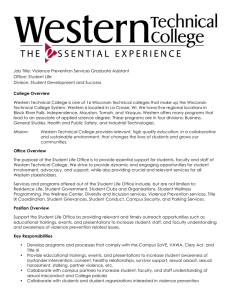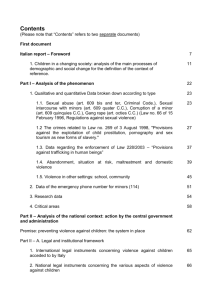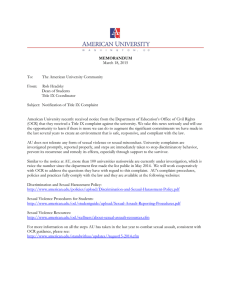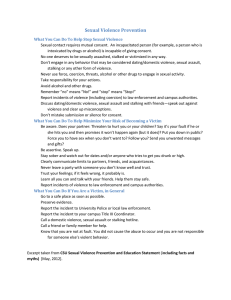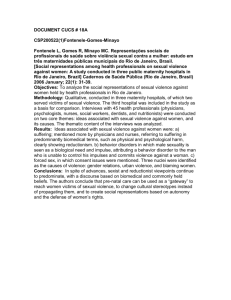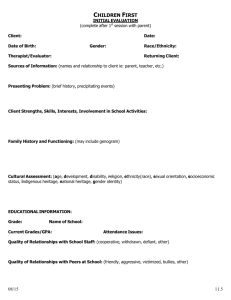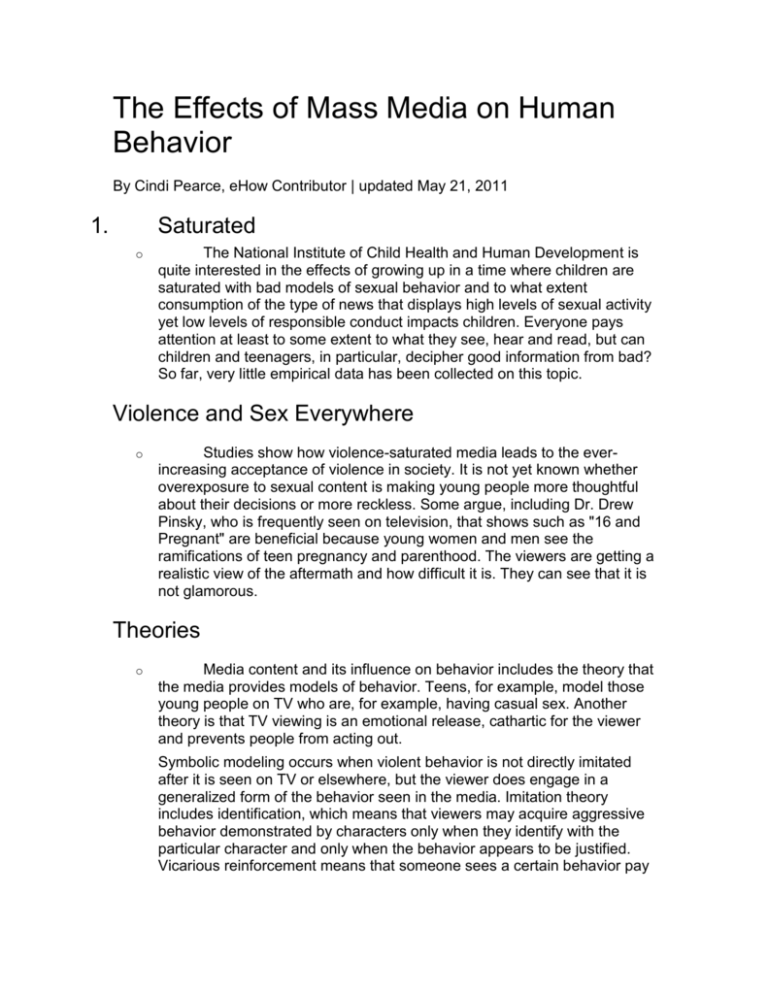
The Effects of Mass Media on Human
Behavior
By Cindi Pearce, eHow Contributor | updated May 21, 2011
1.
Saturated
o
The National Institute of Child Health and Human Development is
quite interested in the effects of growing up in a time where children are
saturated with bad models of sexual behavior and to what extent
consumption of the type of news that displays high levels of sexual activity
yet low levels of responsible conduct impacts children. Everyone pays
attention at least to some extent to what they see, hear and read, but can
children and teenagers, in particular, decipher good information from bad?
So far, very little empirical data has been collected on this topic.
Violence and Sex Everywhere
o
Studies show how violence-saturated media leads to the everincreasing acceptance of violence in society. It is not yet known whether
overexposure to sexual content is making young people more thoughtful
about their decisions or more reckless. Some argue, including Dr. Drew
Pinsky, who is frequently seen on television, that shows such as "16 and
Pregnant" are beneficial because young women and men see the
ramifications of teen pregnancy and parenthood. The viewers are getting a
realistic view of the aftermath and how difficult it is. They can see that it is
not glamorous.
Theories
o
Media content and its influence on behavior includes the theory that
the media provides models of behavior. Teens, for example, model those
young people on TV who are, for example, having casual sex. Another
theory is that TV viewing is an emotional release, cathartic for the viewer
and prevents people from acting out.
Symbolic modeling occurs when violent behavior is not directly imitated
after it is seen on TV or elsewhere, but the viewer does engage in a
generalized form of the behavior seen in the media. Imitation theory
includes identification, which means that viewers may acquire aggressive
behavior demonstrated by characters only when they identify with the
particular character and only when the behavior appears to be justified.
Vicarious reinforcement means that someone sees a certain behavior pay
off, which may increase the acceptability of this type of behavior and the
likelihood that he will engage in it.
Emotional State
o
If an individual is in a highly emotional state or in a state of
physiological arousal, which may have been caused by viewing something
on TV or the Internet, they are more apt to take part in aggressive
behavior in response to seeing violence on TV than are others who are
not in an emotional state.




